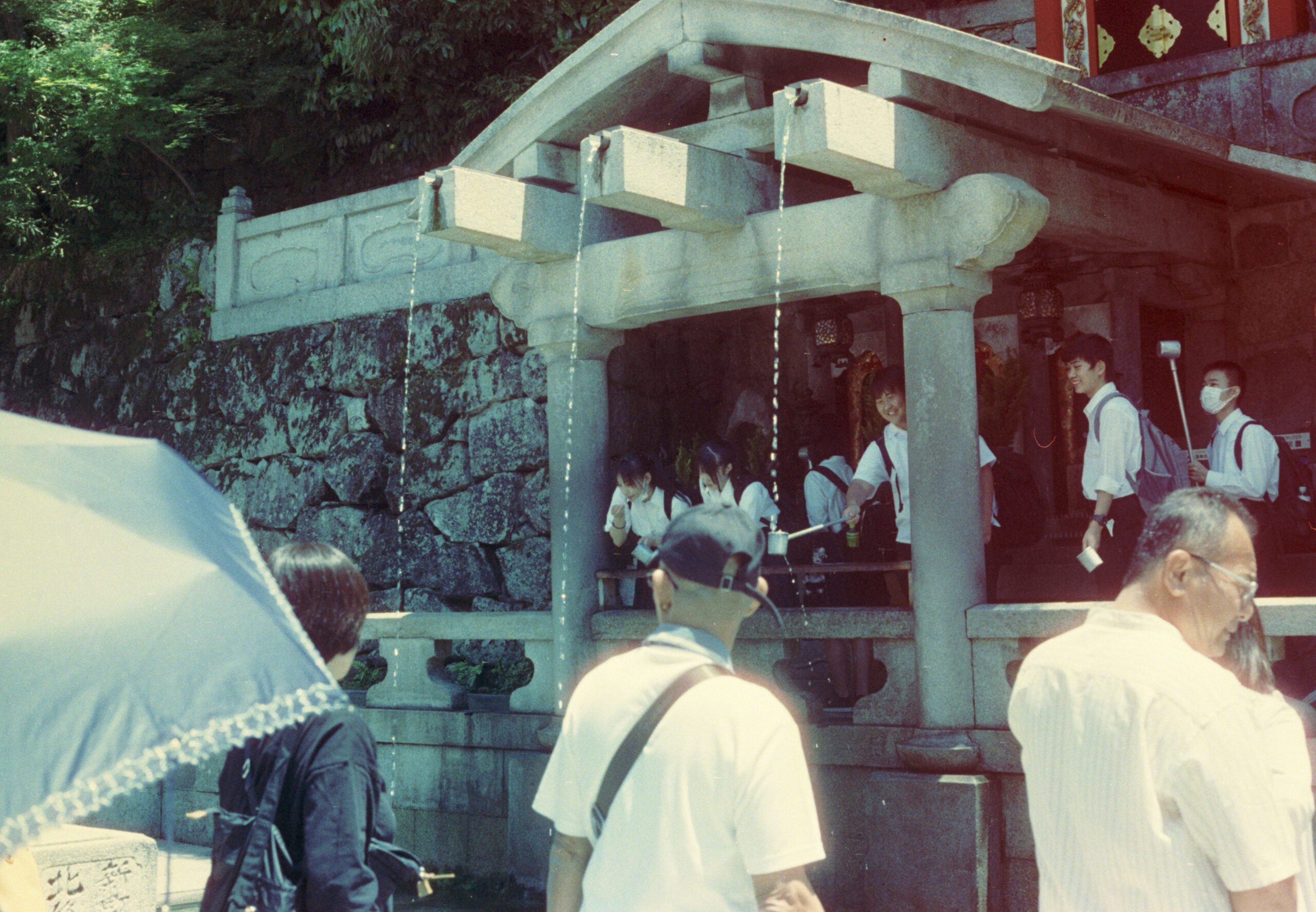
On August 15, 2025, a significant chapter in Japan’s history was revisited as Agricultural Minister Shinjiro Koizumi, along with other politicians, paid their respects at Tokyo’s Yasukuni Shrine, marking the 80th anniversary of Japan’s World War II surrender. This visit has sparked a mixture of reverence and controversy due to the shrine’s association with Japan’s militaristic past.
Key Facts
- Agricultural Minister Shinjiro Koizumi led the visit to the Yasukuni Shrine.
- The shrine is known for enshrining 14 “class A” war criminals among other war dead.
- This event coincides with the national remembrance activities that included a ceremony attended by Prime Minister Shigeru Ishiba and Emperor Naruhito.
Background
The Yasukuni Shrine, established in the 19th century, has been a focal point of contention, symbolizing Japan’s wartime actions. It honors not only millions of war dead but also several leaders executed for war crimes after World War II. The shrine’s role has frequently been a diplomatic flashpoint with nations that suffered under Japanese occupation during the war.
Official Reactions
During the National Memorial Ceremony for the War Dead, Prime Minister Ishiba underscored the importance of peace and reflection. “We should never repeat the devastation of war. We will never, ever make a mistake in choosing the path to take,” he stated, marking a significant remark as he expressed ‘remorse’ over the war, a term not used by a Japanese prime minister at such an event in over a decade.
Emperor Naruhito also expressed his deep emotional response to the anniversary, emphasizing the importance of remembering the past and striving for a peaceful future. “It is my sincere hope that we carry on passing down the stories of the hardships endured during and after the war and continue in unity of spirit to seek peace and the happiness of the people in the future,” he said.
What’s Next
The visit to Yasukuni Shrine and the statements by Japanese leaders highlight ongoing challenges in addressing historical issues while fostering regional peace and reconciliation. The international community continues to watch closely as Japan navigates its complex past with its aspirations for a peaceful future.
These events are particularly poignant as they follow the recent 80th anniversary commemorations of the atomic bombings in Hiroshima and Nagasaki, reminding the world of the catastrophic consequences of war.


